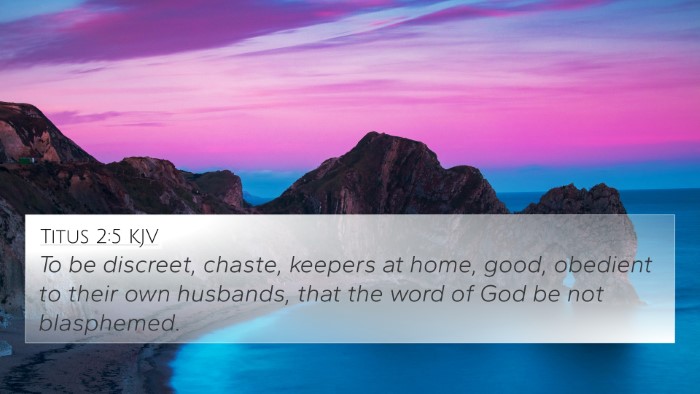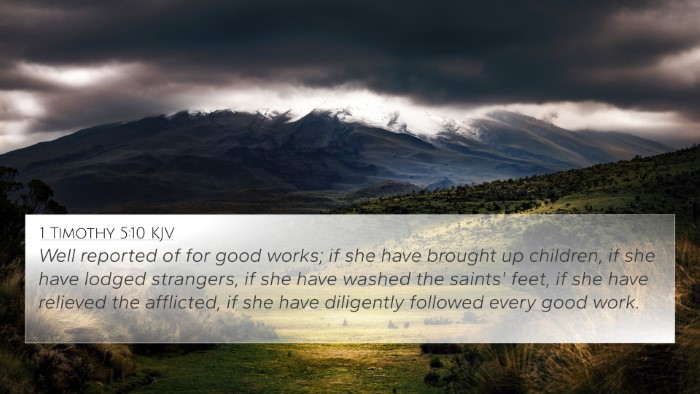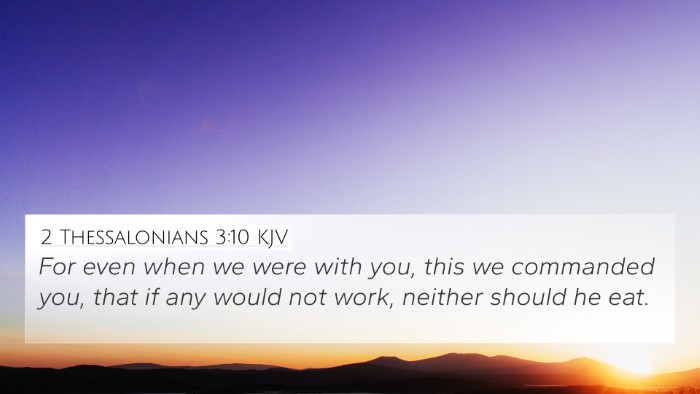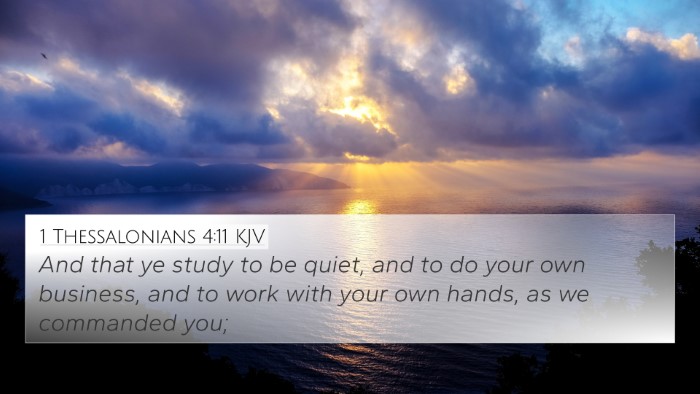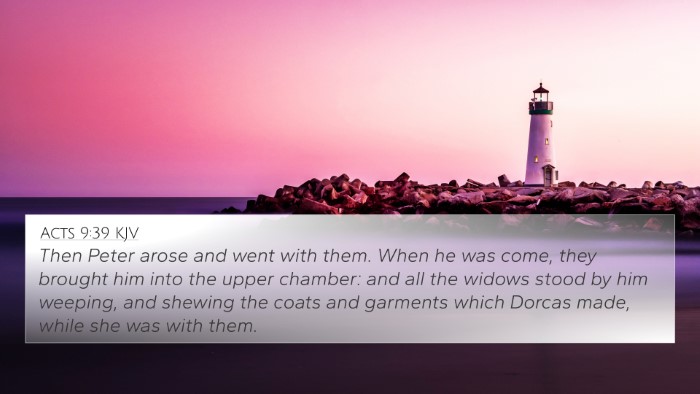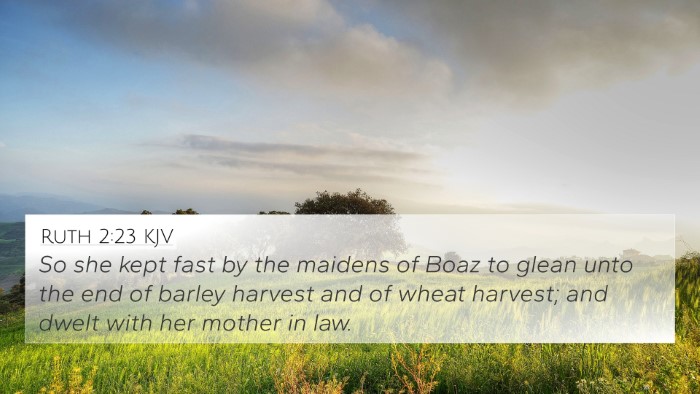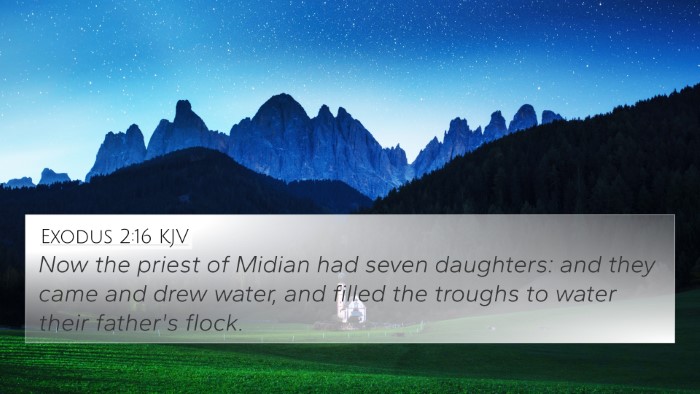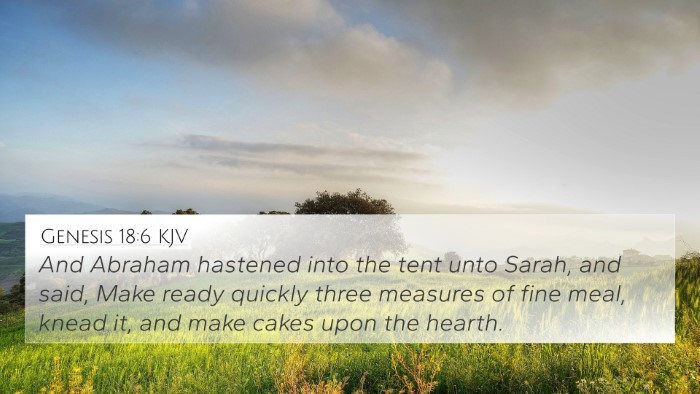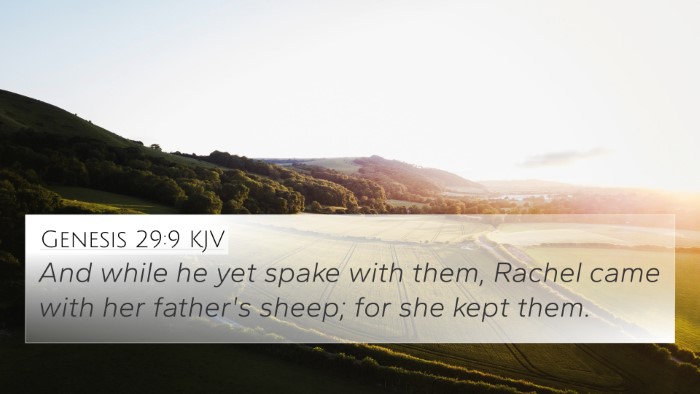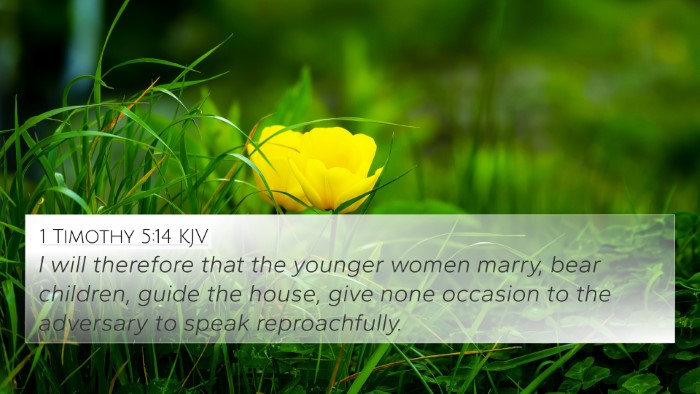Understanding Proverbs 31:13
Proverbs 31:13 states: "She seeketh wool, and flax, and worketh willingly with her hands." This verse captures the industrious nature of the virtuous woman, emphasizing her role in the household and the skill with which she approaches her work.
Verse Meaning
This passage highlights several important themes related to diligence, resourcefulness, and the value of hard work. Below we summarize insights from various public domain commentaries.
Matthew Henry's Commentary
Henry interprets this verse as indicative of the woman's proactive approach to providing for her family. He notes that she does not solely rely on others for her needs but takes initiative in seeking materials, thereby reflecting her wisdom and character.
Albert Barnes' Notes
Barnes emphasizes the metaphorical significance of "wool" and "flax," interpreting them as symbols of both physical and spiritual preparation. He underscores that the virtuous woman actively engages in labor that supports her household and contributes to their well-being.
Adam Clarke's Commentary
Clarke discusses the historical context, noting that spinning and weaving were esteemed skills in the ancient Near East. He observes that this verse signifies the woman's essential role in economic and domestic sustainability, showcasing her hard work and dedication.
Thematic Bible Verse Connections
Examining Proverbs 31:13 leads to numerous biblical cross-references that echo similar themes of diligence and virtue:
- Proverbs 12:4: "A virtuous woman is a crown to her husband..." - Highlights the honourable nature of a good wife.
- Proverbs 31:19: "She layeth her hands to the spindle, and her hands hold the distaff." - Illustrates her industrious spirit in detail.
- Titus 2:5: "...to be discreet, chaste, keepers at home, good, obedient to their own husbands..." - Draws connections to the role of women in maintaining their homes.
- 1 Timothy 5:10: "...well reported of for good works; if she have brought up children..." - Emphasizes the significance of women’s good deeds.
- Proverbs 14:1: "Every wise woman buildeth her house..." - Indicates the constructive nature of a wise woman's actions.
- Ecclesiastes 9:10: "Whatsoever thy hand findeth to do, do it with thy might..." - Connects the idea of diligence in one’s work.
- Philippians 4:13: "I can do all things through Christ which strengtheneth me." - Reflects the strength behind her efforts.
Bible Verse Cross-References
Exploring the connections between these verses can deepen understanding through:
- Jeremiah 29:5: "Build ye houses, and dwell in them; and plant gardens, and eat the fruit of them." - An encouragement to actively invest in one's own life.
- Ephesians 5:22-23: "Wives, submit yourselves unto your own husbands, as unto the Lord." - A link to the theme of household roles and responsibilities.
Comparative Bible Verse Analysis
When engaging in a comparative study of these verses, it becomes clear that the Bible consistently uplifts the virtues of hard work, foresight, and the significance of a woman's role in both family and society. The connections between these scriptural texts illustrate an inter-Biblical dialogue that conveys a profound understanding of character and duty.
Using Tools for Bible Cross-Referencing
To find cross-references in the Bible, one might utilize a Bible concordance or Bible cross-reference guide. These tools enhance the study of biblical themes by providing extensive linkages and thematic parallels.
Conclusion
Proverbs 31:13 serves as a powerful reminder of the virtues associated with industriousness and commitment found throughout the Scriptures. By exploring this verse in conjunction with others, we embrace a holistic understanding of what it means to embody the characteristics of a virtuous individual.



